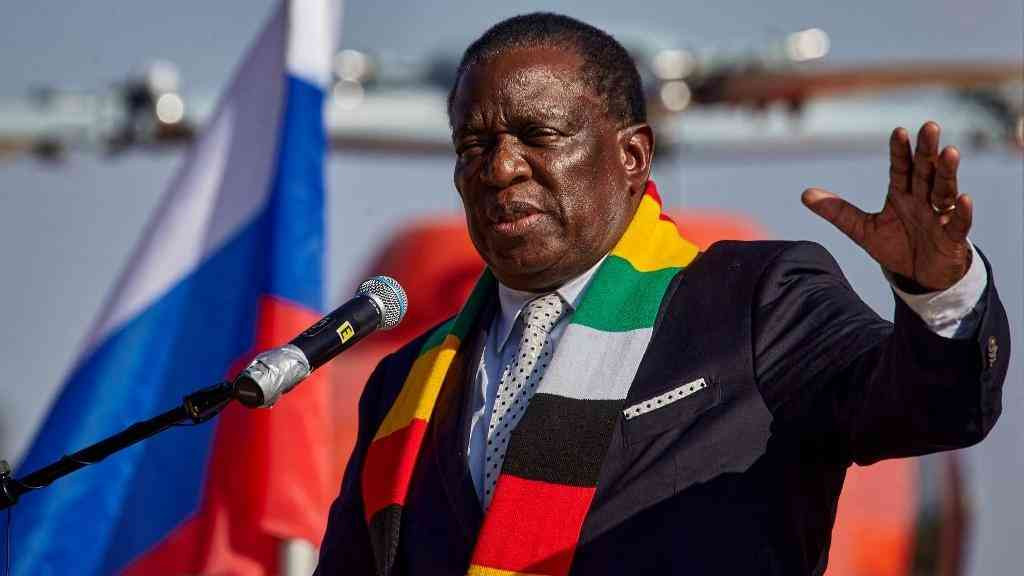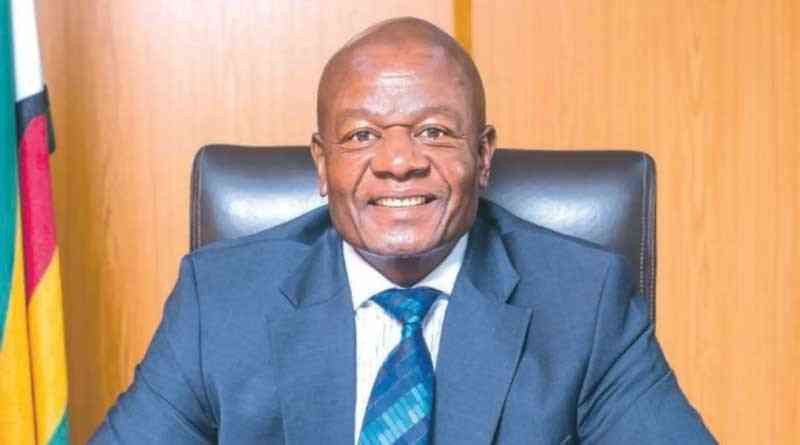
After Eddie Cross — the respected economic commentator and author of President Emmerson Mnangagwa’s biography slipped into the Head of State’s crosshairs over his “corruption in the first family” allegations, I reflected on the ramifications of an equally infectious cancer afflicting Zimbabwe — nepotism.
The most recent highlights of what many saw as nepotism —the act of granting advantage to relatives in an occupation or field — were the high profile appointments to deputy ministerial positions of the President’s son David, and nephew, Tongai.
But these were only two of many strategic appointments to the relatives of political and government official, which blossomed under the late former President Robert Mugabe’s administrations.
These have continued into the current government.
But the appointments — blatant disregard for the principles of meritocracy and good governance — must be kept under check.
Appointments to the boards of public institutions, state agencies and parastatals must be free from this pervasive scourge, which plagues the administration. When high-ranking officials appoint their kith and kin to lofty public roles, they undermine the country’s already fragile economy and democratic institutions.
Appointments must not just be a matter of personal preference. Nepotism has far-reaching consequences for Zimbabwe’s development and its people. By prioritising family ties over qualifications and experience, government officials do it at the expense of economic growth.
Nepotism discourages foreign investment, stifles innovation, and perpetuates corruption, ultimately hindering Zimbabwe’s economic progress.
- New perspectives: Why Southern Africa is facing an energy crisis
- ‘They will rot in jail’: Mnangagwa warns ‘name-droppers’ in bloody clashes over gold claims
- Cross: Why I wrote Mnangagwa book
- Of the Crocodile Gang and a death sentence that never was
Keep Reading
The perception of corruption and cronyism erodes public faith in government institutions, leading to widespread disillusionment and discontent.
By favouring family members and close associates, authorities deny opportunities to more qualified and capable individuals, stifling the country’s potential for growth and development.
It is time those we have entrusted with the stewardship of public office take responsibility for the damage nepotistic tendencies cause. Zimbabweans deserve better. The administration must prioritise the people’s needs over personal interests.
The war veterans’ flopped nationwide protests two weeks ago bore testament to growing discontent among Zimbabweans, who demand economic freedom, an end to corruption, and better governance.
Nepotism has had the effect of keeping the means of production within the hands of a few privileged families with strong political connections.
It has led to perpetual inequalities — the rich have become richer, and the poor have become poorer as the gap between the two groups continues to widen .
The media speculated in 2017 that Aliko Dangote, Africa’s richest citizen, had to withhold over US$1 billion of investments meant for Zimbabwe after politically-connected individuals demanded bribes to“help him secure” a nod to expand his empire into Harare.
Newspapers have also reported that investors have been blocked access to key officials, including the President, unless they bribe politically-connected crooks, many of them thrust into strategic positions via nepotism.
One Indian billionaire had to accost Mugabe during an Africa-India summit in 2015 to report that spanners were being thrown into his way by his closest aides.
After the President’s intervention, the billionaire established a multi-product soft drinks operation in Harare, investing over US$60 million by 2022, and employing hundreds. I shudder to imagine what would have been, if the tycoon had no guts to approach the President. Another investment would have been lost.
But this is how Africa’s elite shares the spoils of rotten systems.
They facilitate lucrative deals for relatives and children of senior political and government figures. They facilitate deals involving businesses intertwined with the State, which are being presided over by their relatives and friends. Conflict-of-interest laws or policies, including in Zimbabwe, are either weak or non-existent.
It is difficult to access details of the companies belonging to the ruling elite, but they are many — some owned through proxies.
Policies are sometimes subverted to protect political heavyweights, who rarely discuss their fortunes publicly. In Zimbabwe, the opulence in which they live betrays their claim that they are modest “servants” working in the interest of millions.
The princeling system is baffling. Are they the only bright minds in Zimbabwe?
Are there no capable minds outside their circles who can run State agencies?






